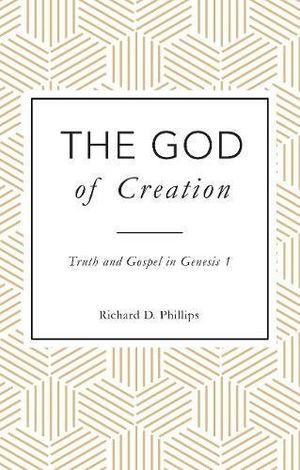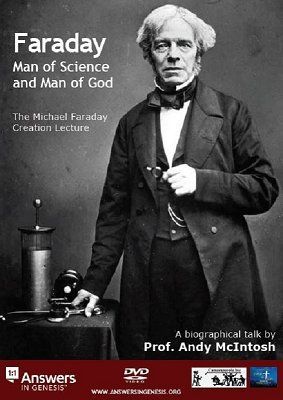Writing clearly and concisely, Richard Phillips explains how a correct view of God informs a correct reading of Genesis. He shows how liberal, non-literal views of the creation account are inadmissible if careful hermeneutic principles are followed.
The book summarises arguments for a literal view of Genesis. Alternatives like the framework hypothesis, which see Genesis 1-3 as a poetic device, are shown to be false and theologically dangerous. I would have liked Phillips to have also examined the recent idea of a ‘cosmic temple’ interpretation, as advocated by John Walton in The Lost World of Genesis One.
Phillips shows that even evolutionary cosmology points to a beginning. He also emphasises that God does not utilise proofs for his existence, but declares, ‘In the beginning, God’ (Genesis 1:1).
Chapters 2 and 3 succinctly summarise the attributes of God (all-knowing, transcendent, immanent, personal, etc.). The theology is conveyed in an accessible and readable way. Phillips shows that a literal view of creation confounds notions of matter coming into being by chance. He shows the great relevance of Genesis 1:27 (‘Male and female created he them’) to the current gender confusion in western society.
It is noticeable however that key books are not referred to, such as titles by Paul Garner, Douglas Kelly and Simon Turpin. For example, when Phillips deals with the gap theory, he makes no reference to the classic work of Weston Fields.
Phillips also quotes some authors (C. J. Collins, Henri Blocher and Meredith Kline, for example), without the caveat that they reject a literal, 6-day creation. Of course, authors who are not with us on creation do need to be quoted, but the reader needs to be clear whether such an author is generally to be recommended.
Chapter 6 — arguing for six ordinary solar days of creation — is the main burden of the book. However, it would have helped if Phillips had engaged with the popular view, advocated by John Lennox (in Seven days that divide the world), that these days were separated by millions of years. Such a popular view would benefit from Phillips’ critical eye, but he fails at this point to set his own book in the context of the many views currently swirling around evangelicalism.
Importantly, Phillips highlights the diametrically opposite treatments of death in creationism as opposed to evolutionary theory. He rightly shows that, were evolution true, a completely different gospel emerges. However, he seems to miss a powerful argument from the text of Genesis 1 itself, which says repeatedly that what God had made was ‘good’, culminating in the climax in Genesis 1:31, when ‘God saw everything that he had made, and, behold, it was very good’. Phillips should have emphasised more that there was not a sniff of death and suffering in all of creation.
In chapter 11, Phillips writes on the vital theme of man being made in the image of God. He ably shows that meaning and identity flow from this truth, and how we are ‘twice’ God’s when we turn to him as Redeemer, through Christ’s purchase of his people on the cross.
Again, what would have been helpful is setting this chapter in the context of the raging debate that exists in evangelical circles about the very existence of Adam. One only needs to see the topics discussed in the Evangelical Theological Society conferences of the last few years to see the intensity of debate taking place in this area. Phillips could have referred to important books on this topic, such as The Quest for the Historical Adam (William VanDoodewaard) and Searching for Adam: Genesis & the Truth About Man’s Origin (Terry Mortensen).
Granted, Phillips is not a scientist and the book is written primarily from an expository point of view; and granted, he does refer to scientific arguments against the Big Bang, and the design-affirming findings concerning DNA. Nevertheless, I would have liked more reference to the many books from the creationist scientists who know their disciplines. Readers could have been referred to Hallmarks of Design (Stuart Burgess), Creation and Evolution (Colin Garner) and Refuting Evolution (Jonathan Sarfati).
In summary, the book has usefulness in summarising the reasons why Genesis 1 should be taken as a literal, historical narrative. Phillips shows that the God-centredness of these early chapters should lead to true worship of the God of the universe.
However, the book would be improved by setting it in the context of many other excellent books that have also been written in recent years. These needed referring to so that readers can further investigate the wealth of understanding that comes from a conservative view of Genesis.
Professor Andy McIntosh
Leeds





















